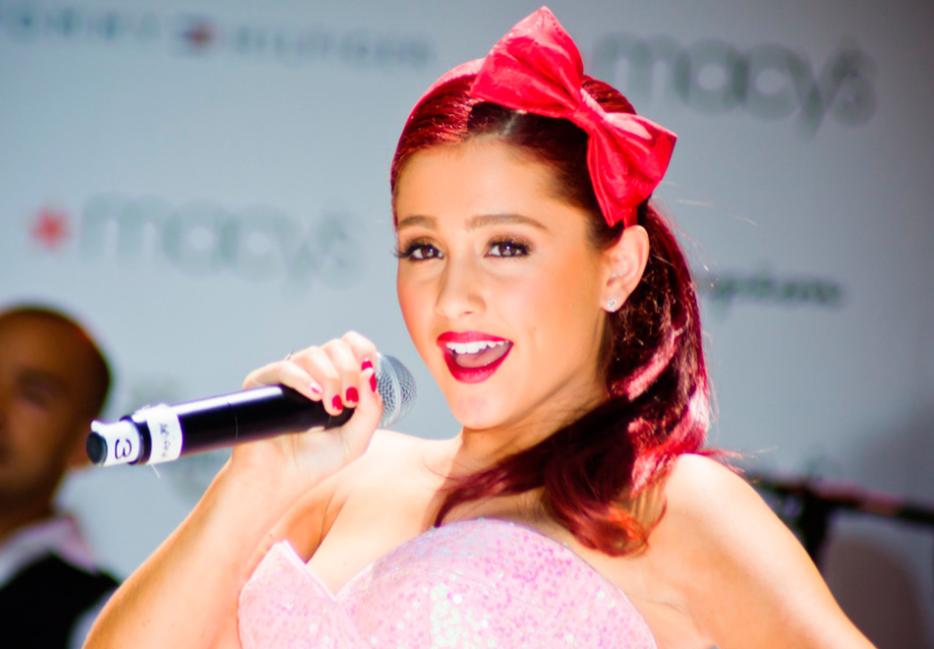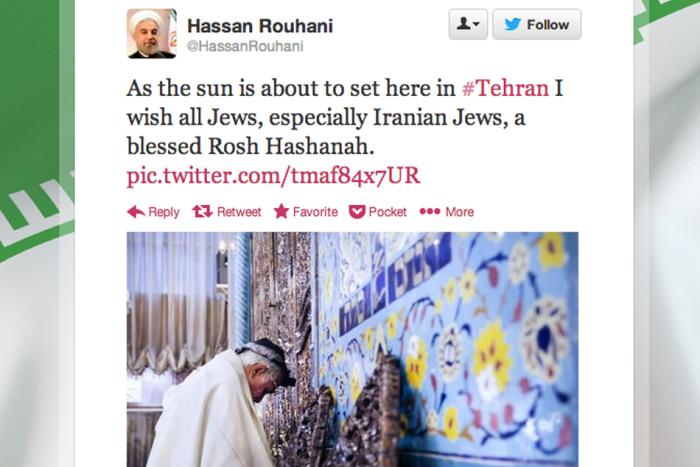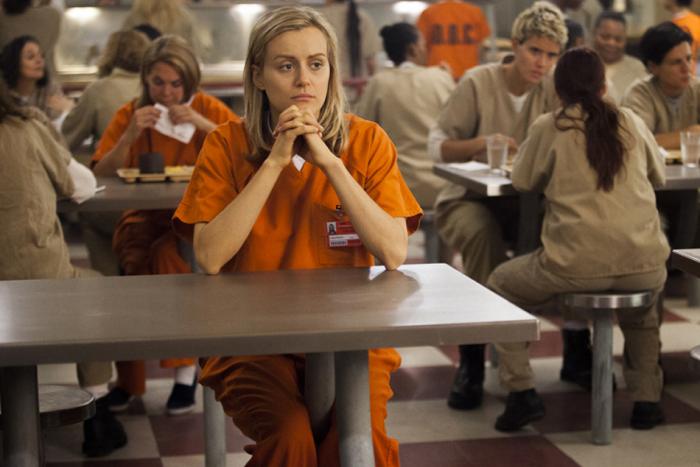As the equinox approaches, music nerds everywhere obsess over an album unlike the dominant sound on the radio, one forgoing EDM tempos and fraught, compulsive party anthems. Late last summer, the soprano of choice was Carly Rae Jepsen, whose winsome record Kiss, taking reference points from half a century of pop and romantic ambiguity as its subject—my friend Brad described it as “songs of varied success with unresponsive interfaces, all of them boy-shaped”—tragically reached fewer people than the 17th most popular “Call Me Maybe” meme. Ariana Grande’s new debut Yours Truly enjoys advantages Jepsen did not, like her built-in American fandom from a bunch of Nickelodeon TV shows I’ve never seen. But it’s also a precise, studied evocation of ‘90s R&B, a period adored harder still during the genre’s present marginalization. Why raid sarcophagi for Aaliyah vocal sketches—really, Drake, get cursed—when you could just hire Babyface, who produced not a few of those original hits?
Grande was born in 1993, looks younger, and sounds older. The initial, hastily scrapped cover of Yours Truly appeared to be marketing her towards Humbert Humbert (or J. D. Salinger), but middle-aged creeps, along with people who appreciate brilliant, politically dubious pop music, will find no “…Baby One More Time” here. Grande’s voice belies any attempts to infantilize her: More human than the astonishing range of her obvious model Mariah, it’s still nimble enough to land the fluttering acrobatics on tracks like “Baby I.” If her vocals weren’t so throaty, almost mannered, I might not find them this compelling; lacking any irony, even distance, she seems like a singer who heard “Heartbreaker” as frequently and as reverently as nursery rhymes. (Grande: “I love Mariah Carey. She is literally my favorite human being on the planet.”) I could be speaking out of demographic camaraderie, but to these ears the transparency only demonstrates her fluency.
That’s not to say her affections are slavish. Yours Truly sways in the shadow of ‘90s R&B without trying to reproduce it; all those pianos are still floating over trap-rap-tested 808 snare triplets. The production’s teen-pop sheen, gleaming like some mediocre jukebox musical soundtrack, gives Grande’s classicism the confected quality of an idealization. If Nguzunguzu’s influential Perfect Lullaby mix elegized that era, she glorifies it. And yet calling her guileless would be a mistake akin to the disappeared album cover. The primary role of Yours Truly’s lyric sheet is hurling out syllables for Grande to catch, but its more memorable couplets tend to tease apart the rhetorical tropes involved: “I want to say we’re going steady / Like it’s 1954.” I love songs about love songs—think Ne-Yo’s “So Sick,” or Stephin Merritt, invariably—and “Piano“ makes a paralipsistic shrug at lyrical boys feeling metafictionally sad: “I could write a song with my new piano / I could sing about how love is a losing battle / It’s not hard, it’s not hard, it’s not hard, it’s not hard / But I’d rather make a song they can play on the radio.”
The lone blemishes on Kiss, bonus tracks included, were its duets; Bieber, sure, whatever, he did accidentally break “Call Me Maybe,” but demoting Carly Rae Jepsen to backup vocals on a fucking Owl City song? A song where Mr. City raises the dark prospect of his rainwater quaver essaying Prince? Yours Truly features twice as many random guest spots, none of them more distinguished. “Watch a movie with me, American Beauty, or Bruce Almighty that’s groovy,” offers frat rapper Mac Miller, at least managing some verisimilitude, because I can totally picture Mac Miller dutifully pulling out the first one from his collection of seven DVDs to try to impress a girl who’s smarter than him. But I’m risking historical revisionism. Most of the MCs on the classic thug-love singles aren’t contending for any other canons themselves—let’s not forget that Ja Rule’s career fell apart after somebody correctly observed that he sounds like the Cookie Monster—and Grande, like Ashanti a decade ago, has the charm to make that immaterial. I could even forgive Big Sean marveling at his own terrible double entendre (“A player too, you know I have some girls missionary (oh) / My black book of numbers thicker than a dictionary”); if not, I might have clicked elsewhere before “Better Left Unsaid,” where one of those EDM beats does thrillingly drop in at last, a machine whir against disco strings, casting sparks.






